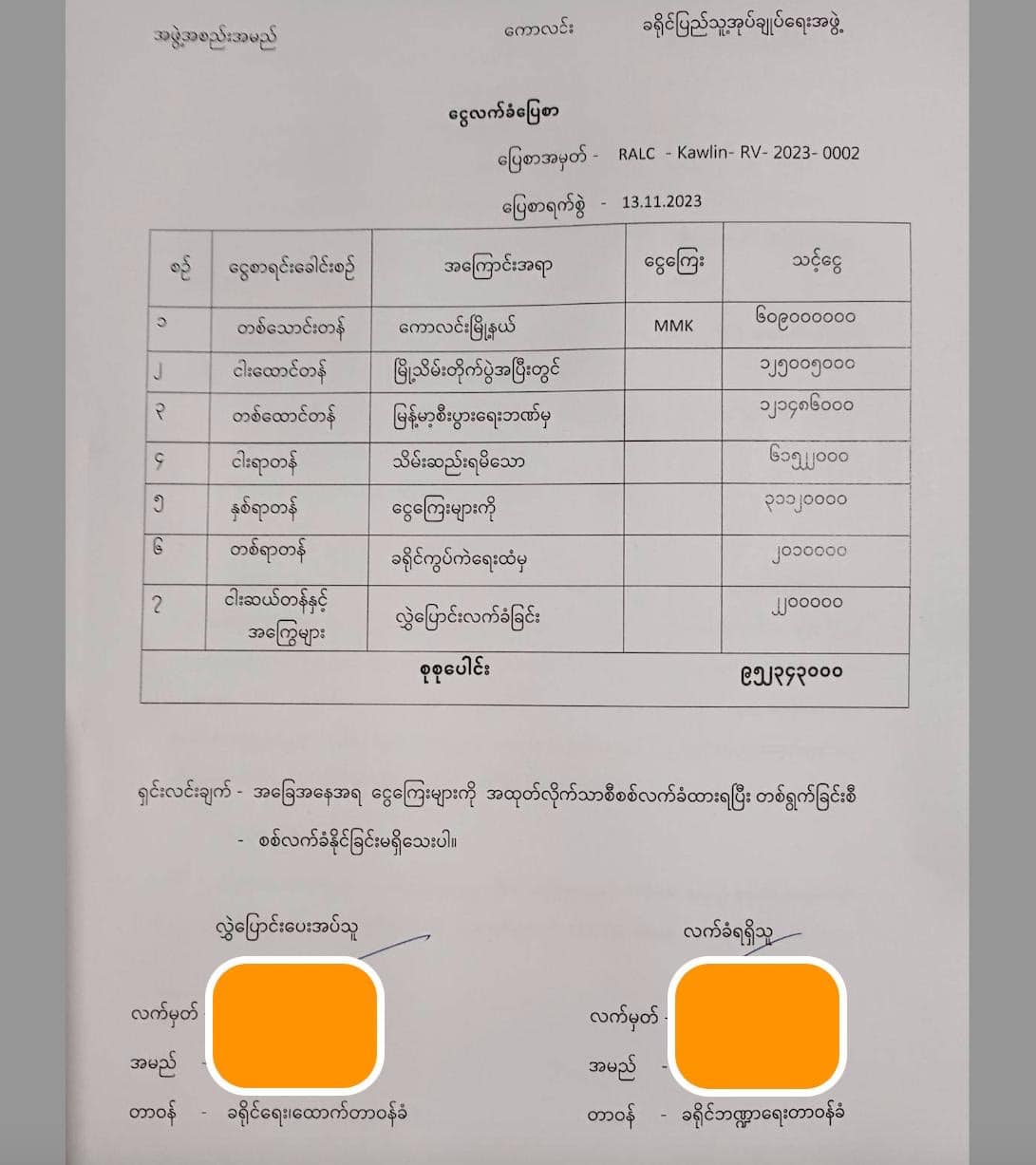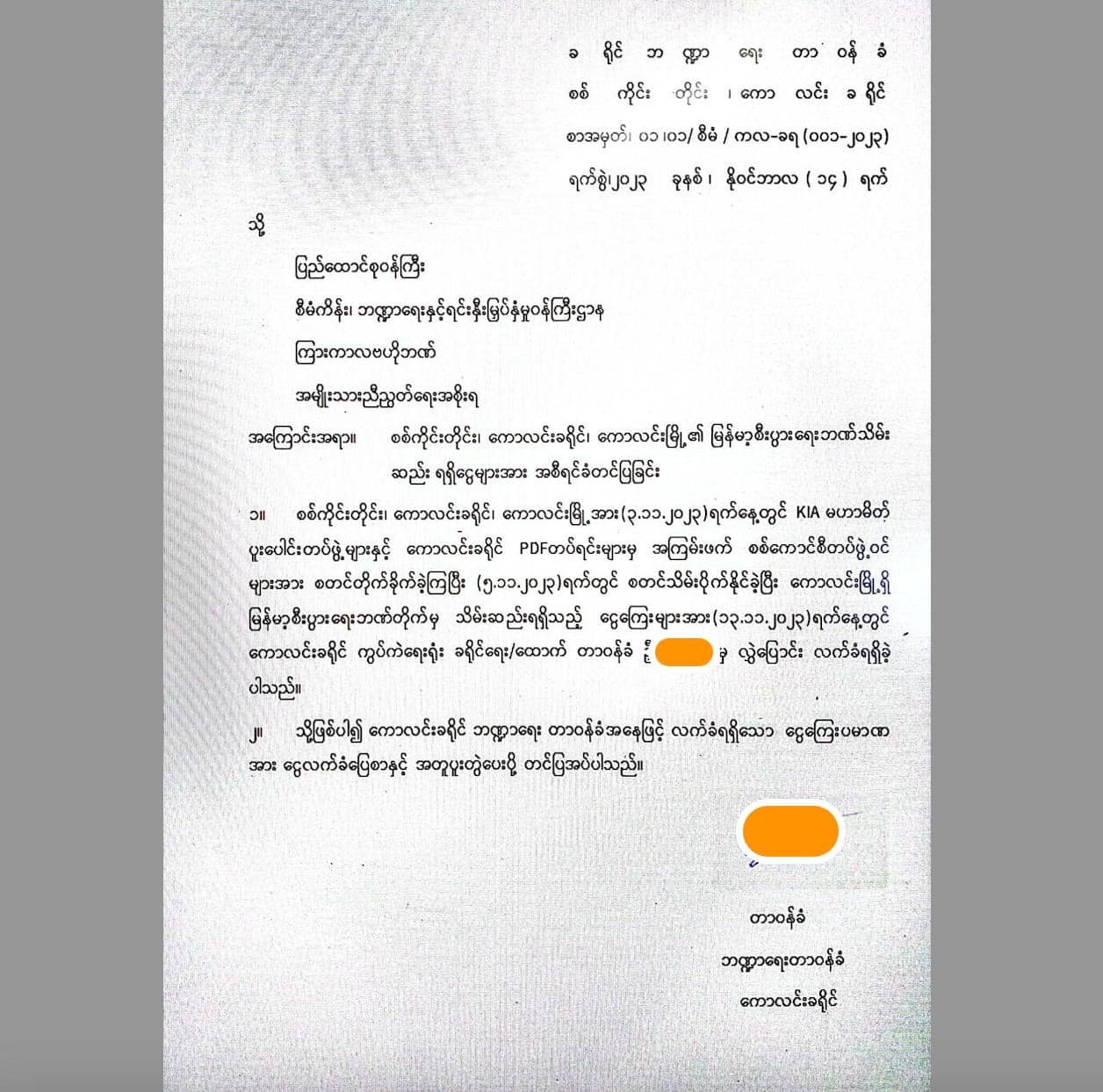
Relocation can be a daunting task, but with the right preparation it can be an easy and smooth process. There are a few things to keep in mind when planning your relocation, including:
Be realistic about your expectations. Don’t expect to move into a brand new home right away. Realize that you may have to wait a few months or even a year before you can move in.








Make a list of your needs and wants in a new home. This will help you narrow down your search and save money on your relocation.
-Contact your insurance company and ask about coverage for your relocation. Make sure to include the new address and the dates of your move in your insurance paperwork.
-Pack your bags and start planning your move as soon as you have a definite date. Be prepared for a long journey, and make sure to have plenty of snacks, drinks, and toys to keep the kids entertained on the road.
B. Preparation for Relocation
There are many things to take into consideration when preparing for relocation. Some of the most important things to think about include:
– Planning your move: Decide what you will need to pack, when you will need to pack it, and where you will be moving to.
– Checking your insurance: Make sure you have the appropriate coverage for your new home and your new city.
– Packing your belongings: Make a list of everything you will need to take with you and start packing.
– Arranging your utilities: Make sure you have all the information you need to cancel your current utilities and/or switch to new ones in your new city.
– Finding a new job: Make sure you are prepared to start your new job from scratch.
– Adjusting to a new city: Make sure you know where all the best restaurants, shopping, and entertainment are in your new city.
II. Pre-Relocation
A. Research Destination
There are many factors to consider when choosing a research destination, including the availability of funding, the level of expertise available, the climate, and the cost of living. Some of the most popular research destinations include the United States, the United Kingdom, Canada, Australia, and Germany.
B. Choose Visa/Residency Option
If you are a U.S. Citizen, your best option is to apply through the U.S. Citizenship and Immigration Services (USCIS). If you are not a U.S. Citizen, you may be able to apply for residency through the Department of Homeland Security (DHS).
The visa options for foreign nationals vary depending on your nationality. The most common visa options are the B-1/B-2 visitor visa and the H-1B visa. The B-1/B-2 visitor visa allows foreign nationals to come to the United States for tourism or business purposes for a period of up to six months. The H-1B visa allows foreign nationals to work in the United States for a period of up to six years.
C. Set a Budget
A budget is an important part of any financial plan. It helps you stay within your means and makes sure you are spending your money wisely. There are a few things to keep in mind when setting a budget.
First, make sure you have a good idea of your monthly expenses. This includes things like rent, utilities, groceries, and other bills. Once you have a good estimate, you can start to set limits on how much you are willing to spend each month.
Second, be realistic about your income. Don’t set yourself up for disappointment by expecting to make more money than you actually do. Instead, set a budget based on what you expect to bring in each month. This will help you stay within your limits.
Finally, keep in mind that a budget is a living document. As your income and expenses change, you may need to adjust your budget accordingly. That’s okay! A budget is a way to help you live within your means and reach your financial goals.


Leave a Reply